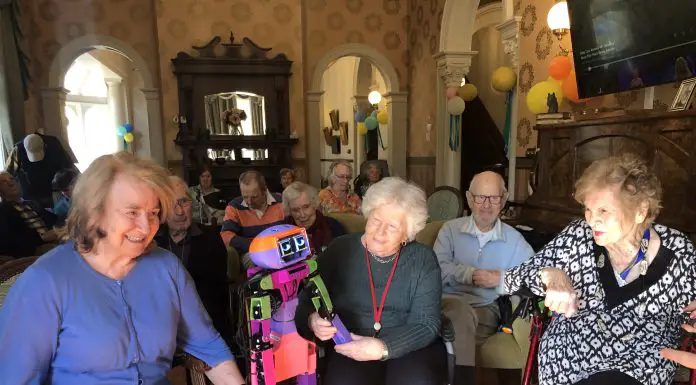Leading organisations have called for future aged care funding to cover specialist spiritual care support for people receiving palliative and end of life care, as part of a joint position paper that highlights its importance in higher quality of life near death.
Ilsa Hampton, CEO of Meaningful Ageing Australia says spirituality is broader than religion and it should be universally accepted by all aged care providers.
“Spirituality embraces the way we seek and express meaning and purpose; the way we experience our connection to the moment, ourselves, others, our world and the significant or sacred,” Ms Hampton said.
“Spirituality and spiritual care can become particularly significant for people as they reach the end of their lives and we have developed this position statement to highlight the importance of access to spiritual care and support for people in community and residential aged care,” she said.
Liz Callaghan, CEO of Palliative Care Australia said a new position paper developed in partnership by the two organisations highlights that a primary goal of the palliative approach to care is to improve the person’s level of physical comfort and function and to address their psychological, spiritual and social needs.
“Palliative care in any setting is not just about meeting a person’s physical and medical needs,” Ms Callaghan said.
“Palliative Care Australia and Meaningful Ageing Australia consider spiritual care to be an integral part of palliative care, yet it can be an element of care that is too often overlooked or neglected.”
“We call for recognition and for resourcing of spiritual care and for aged care staff to be trained and supported to be aware of and meet the spiritual care needs of aged care clients and residents,” she said.
Both organisations noted that despite the evidence of the significance of spiritual care within palliative and end-of-life care there is no dedicated funding to support the provision of spiritual care or requirement for training in spiritual care in aged care.
“We consider this to be a big gap in aged care funding and resourcing. Spiritual care can benefit everyone approaching the end of life, not just those who identify as religious, and for that reason we believe it is an integral but overlooked part of palliative and aged care,” Ms Hampton said.
Research quoted in the position paper highlights the importance of spiritual support in overall wellbeing and health outcomes, including increased hope, greater longevity and coping skills and less anxiety and depression.
The position paper also emphasises the role of spiritual care in supporting families and staff with their grief.









